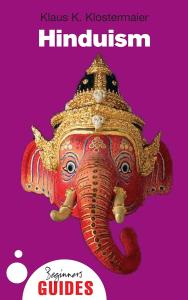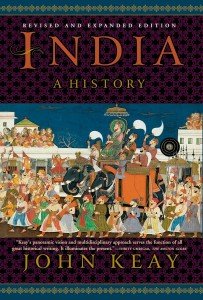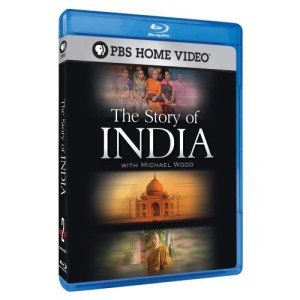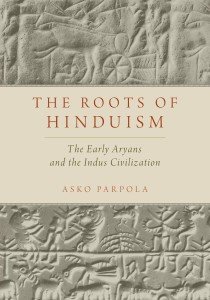Review of The Vedas:
The Samhitas of the Rig, Yajur, Sama, and Atharva
An Exploration of Ancient Wisdom
The publication of The Vedas: The Samhitas of the Rig, Yajur, Sama, and Atharva [single volume, unabridged], edited by Jon W. Fergus and translated by Ralph T. H. Griffith and Arthur Berriedale Keith, is a monumental addition to the study of ancient spiritual and philosophical texts. Released in 2017 by CreateSpace Independent Publishing Platform, this book provides readers with an accessible gateway, in English, to the Vedas—the cornerstone of India's religious and cultural heritage.
The Importance of the Vedas
The Vedas are ancient scriptures that form the foundation of Hindu philosophy and spirituality. They are comprised of four main Samhitas: Rigveda, Yajurveda, Samaveda, and Atharvaveda. These texts encompass hymns, rituals, philosophies, and spiritual insights that were composed over several centuries in the Indian subcontinent. Together, they reflect a depth of thought and an intricate relationship with the cosmos, human existence, and divine principles.
This single-volume, unabridged edition is especially useful for scholars, religious practitioners, and curious readers who wish to delve deeply into this treasure trove of ancient knowledge without having to navigate fragmented or abridged editions.
About the Translators
Ralph T. H. Griffith and Arthur Berriedale Keith are towering figures in the realm of Vedic studies and translation.
Ralph T. H. Griffith
Ralph Thomas Hotchkin Griffith (1826–1906) was a distinguished Indologist and translator whose work on the Rigveda remains one of the most widely known and referenced translations of the text. A member of the Indian Civil Service, Griffith spent much of his career in India, where he developed a keen interest in Sanskrit and Indian literature. His translation of the Rigveda is notable for its poetic structure, aiming to mirror the rhythm and cadence of the original hymns. Despite its historical significance, Griffith's work has faced criticism for certain interpretive liberties that may reflect Victorian-era biases.
Arthur Berriedale Keith
Arthur Berriedale Keith (1879–1944) was a Scottish Indologist, Sanskritist, and legal scholar. Renowned for his expertise in Vedic literature, Keith's translations and academic contributions remain invaluable to the field of Indo-European studies. His work on the Yajurveda and other texts is characterized by rigorous scholarship and an effort to strike a balance between fidelity to the original texts and accessibility for English-speaking audiences. Keith's approach often emphasized the philosophical and ritualistic dimensions of the Vedas, making them more comprehensible to a Western readership.
About the Editor: Jon W. Fergus
Jon W. Fergus, while not a widely recognized scholar within the traditional academic circles of Indology, has emerged as an editor committed to curating significant works on ancient religious texts. His role in compiling this single-volume edition reflects a dedication to preserving and disseminating classical works for modern readers. Fergus demonstrates an understanding of the importance of comprehensive and unabridged editions, ensuring that readers receive the full breadth of the Vedic texts without omission.
The Structure of the Book
This single-volume edition organizes the Vedas systematically, allowing readers to navigate through the Rig, Yajur, Sama, and Atharva with ease. Each Samhita is presented in its entirety in English translations that strive to retain the essence of the original Sanskrit hymns. The book is formatted in a manner that ensures readability while preserving the intricate and esoteric nature of the content.
Strengths of the Edition
· Accessibility: By combining all four Vedas into a single unabridged volume, this edition makes ancient wisdom accessible to modern readers in a practical format.
· Comprehensive Translation: Griffith and Keith's translations, while dated, provide a foundational understanding of the texts, enriched by their scholarly rigor and contextual insight.
Educational Value: The book serves as an excellent resource for those studying Hinduism, comparative religion, ancient philosophy, or Sanskrit literature.
Limitations of the Edition
· Outdated Translations: Both Griffith and Keith's work, while pioneering in their time, reflect interpretations that may not align with contemporary linguistic and cultural understandings of the Vedas.
· Lack of Commentary: The absence of detailed commentary or footnotes in this edition may pose challenges for readers unfamiliar with the historical and cultural context of the Vedic texts.
Conclusion
The Vedas: The Samhitas of the Rig, Yajur, Sama, and Atharva [single volume, unabridged] is a valuable addition to the corpus of Vedic studies. Its single-volume presentation is a boon for those seeking a consolidated exploration of these ancient texts, and the translations by Griffith and Keith provide a historical lens through which the Vedas can be appreciated. While modern scholarship may offer more nuanced interpretations, this edition remains a testament to the enduring relevance of the Vedas and their profound influence on spiritual and philosophical thought.
For anyone interested in exploring the depths of Vedic wisdom, this book is a commendable starting point despite its limitations. It bridges the gap between ancient tradition and modern curiosity, inviting readers to immerse themselves in one of humanity's most enduring literary and spiritual legacies.






